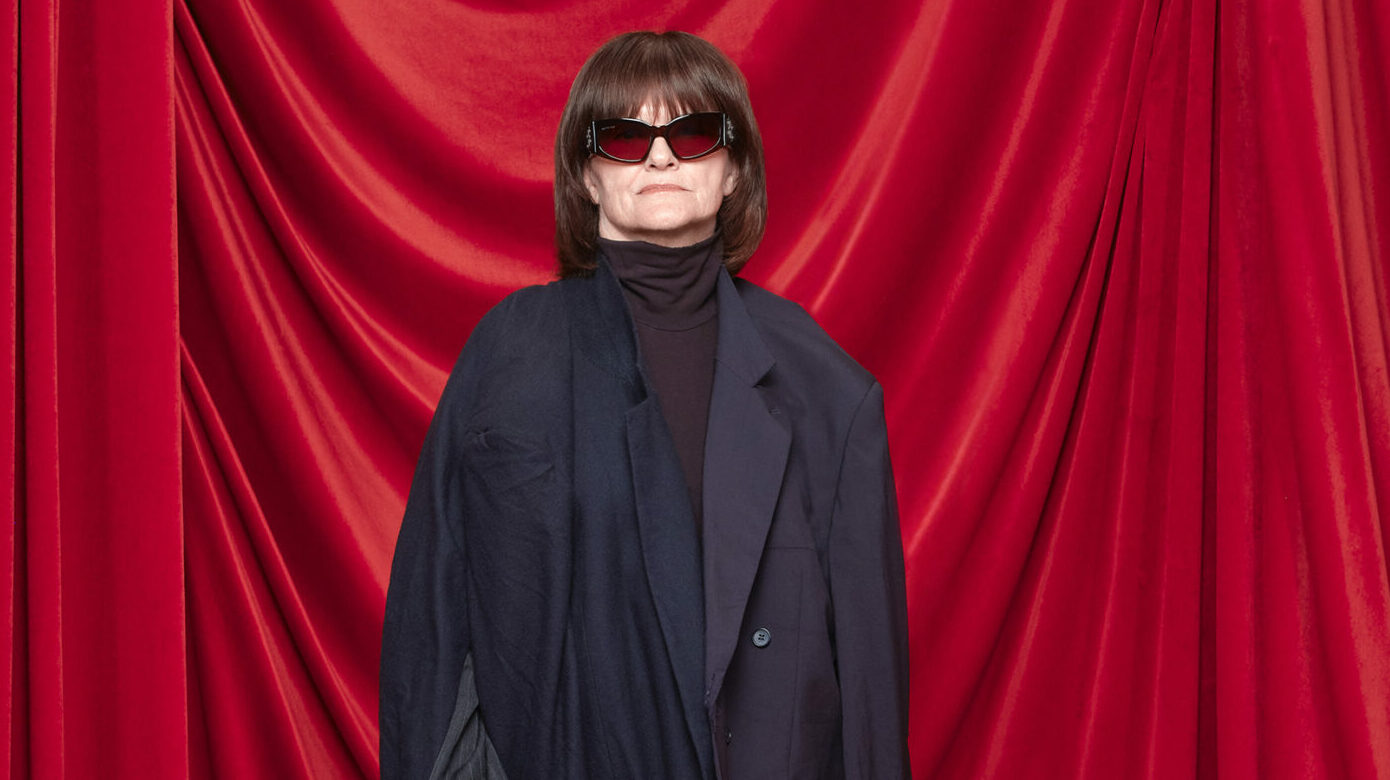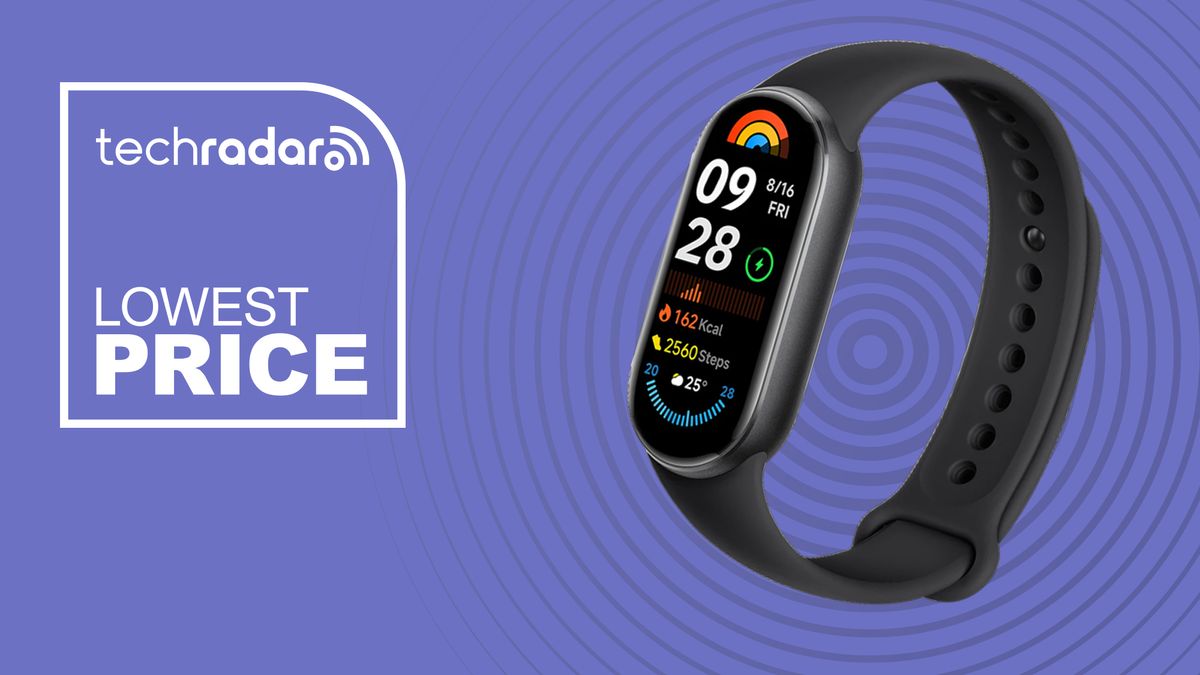Fashion
I Get Letters! A Look Inside the Fashion Week Mailbag

This New York Fashion Week, the conversations at the shows ranged from “did you see his Ozempic bod,” to “I heard he’s buying back his company,” to “that cover is terrible!” Unsurprisingly, your questions for this mailbag—which came through email, DM, and Line Sheet’s SMS channel, were eerily prescient. Herewith, find your burning questions, from the future of Saks and Amazon to the future of… JC Penney. (Yep, someone asked.)
Ozempicmania
Can you share your thoughts on the GQ global Beyoncé cover? It feels so weird that she and they are promoting her whiskey. She has done plenty of collaborations, business deals and so on over the years, without plugging them on a glossy mag cover. I’m impressed she gave them an interview, albeit with an entertainment editor on staff who did it over email?
This feels so beneath GQ’s standards. Did someone else drop out? I always felt like they had pretty high thresholds for their talent (Brad and George, Kim K, Cillian Murphy, Timothée, R-Patz), but her whiskey getting pride of place on the cover? WTF!
I agree that it doesn’t look good, despite the fact that everyone involved is good. The whiskey, remember, is owned by leading advertiser LVMH, Beyoncé pretty much never gives interviews, so a Q&A is better than nothing, and it was exciting that she allowed Katie Grand to style her sans Shiona Turini. I asked a GQ-adjacent friend what happened and he said that, unfortunately, it appears to be a matter of wanting one of the biggest stars in the world and then realizing what you got isn’t what you wanted. Beyoncé is famously controlling about her press. She led the trend of celebrities not playing ball with the media, choosing instead to go direct to fans and own the narrative, herself. Sometimes, it works out okay. Mostly, though, it’s boring. People these days are looking for messiness. (See: TikTok.) It will be interesting to see if this bend on GQ’s part forces them to heed other similar demands…
What is Ozempic doing to the fashion industry? I have been reading that there will be a much more significant apparel surplus as more people discard their larger sizes. How is the industry adjusting its sizing runs?
They’re having conversations about it. But are they adjusting anything yet? Probably not. The thing with these weight-loss drugs is that they are inconsistent. Some people go on them for six months, lose a tremendous amount of weight, and then go off of them and put most, if not all, of it back on. Also, most fashion brands never offered much extended sizing anyway, because it’s too expensive and tricky to execute. They just acted like they did.
Would love to hear what you know about Cathy Horyn’s contract with New York magazine. She is the preeminent fashion critic of our time. Yet she only seems to publish a handful of meaningful articles per year. For The Cut’s September issue, she also didn’t publish an in-depth report, which is atypical. Is Horyn working on a book? What’s her arrangement?
All I know is that she’s not leaving, she’s earned the right to do whatever she wants, and she spent a lot of time on that essay she wrote for The Cut’s print issue. (In fact, she started discussing it with her editor way back in February.) Every six months or so, someone tells me that they heard Cathy is leaving the mag. It hasn’t been true yet.
Do designers need technical design skills anymore? Or do they just need management skills? I’m from a tech design background so, of course, I would say you can’t delegate without understanding what you’re delegating. On the other hand, factories feel more sophisticated than ever, and maybe it’s enough to just give them a vision.
I’m a big believer in knowing and following the rules so that you can break them later. With that in mind, I generally believe it’s good for a designer to have technical skills. If Demna didn’t have that foundational knowledge and proficiency, he may not have gotten so far. That said, is it cheating to use a TI-83 graphing calculator on a complicated math problem? Probably not. Many elements of technical design will likely disappear over time as technology improves and pervades this industry, like every other one.
Back to School Season
You mentioned there’s something in the air about tennis, particularly pegged to the launch of Spence. Where do you think there’s opportunity? I’ve been immersed in padel, which is just entering the market in the U.S. but is one of the largest growing global sports, at least among the wealthy. I know someone trying to get a tennis-inspired brand off the ground. Would love to hear your thoughts.
There’s always room for something that’s good, but I think we often far underestimate the activewear opportunity. Not every brand will be as big as Lululemon or Alo. But think about how many different brands of denim are in the market. Look at the recent success of On Running and Hoka: Who would’ve thought there was such a huge opportunity in performance sneakers? If you’re launching a brand, the best thing you can do is be specific. The goal, early on, is to attract a following that appreciates the specifics. Then, suddenly, the specific becomes universally desired.
What makes a great fashion show?
It’s a mix of great music, great styling, and of course, great clothes.
Do you see the same faces at the shows you attend?
Yes, which is why it’s important for me to be there in addition to seeing the clothes in person (which is also important). I need to say hi to people and also see who is talking to whom, where they are seated (it says a lot about their position in the industry), etcetera. Sometimes I am seated across from people I don’t want to say hi to, and I avoid making eye contact. The first day of the season never fails to feel like the first day of school.
What are your thoughts on JCPenney? I was on a call with someone from their team yesterday, and they said they are for the “American working family,” and decidedly not striving for luxury, which I found extremely refreshing-slash-borderline exciting, based on the current trend of everything being luxury-slash-prestige, regardless of price point. I would love to hear what you think of this as a strategy.
The pendulum always swings. In recent years, everyone, not just rich people, have been trying to look rich. (See: Your aunt in Michigan embracing Qui*t Lux%ry.) For JCPenney, this isn’t a terrible idea. The terrible thing is that JCPenney continues to die a long, slow, still decades-away death.
What happens when Amazon, which invested in Saks via the financing event that merged the retailer with Neiman Marcus, expects Saks brands to be sold on Amazon? I hear that was part of the deal.
We won’t know if that was part of the deal until the deal officially closes. Saks knows brands would freak, so don’t expect to see Loewe pop up in your Prime account any time soon.
What is the industry consensus regarding Ferrari’s new(ish) high fashion clothing line? As an automotive enthusiast, it appears to me that it’s sort of a vanity project for John Elkann, et al. There is a Ferrari store near me, but I have never seen anyone wearing the high-end apparel (versus the merch for F1 fans) in real life, and most Ferrari owners view the collection with derision. Nevertheless, analysts covering Ferrari seem to think the “lifestyle” stuff is really important, and Ferrari themselves are very conscious to present the brand as a true “luxury” brand—it certainly trades more like Hermès than other automakers, including Porsche. Moreover, take a look at Ferrari’s Board: Delphine Arnault, Francesca Bellettini (Kering), John Galantic (ex-Chanel)…
Analysts are not always very stylish and they often don’t get the nuances of the fashion industry. This is never going to be a thing, just as Porsche design has never been a thing. Car-brand merch is good. Car-brand fashion is bad.








